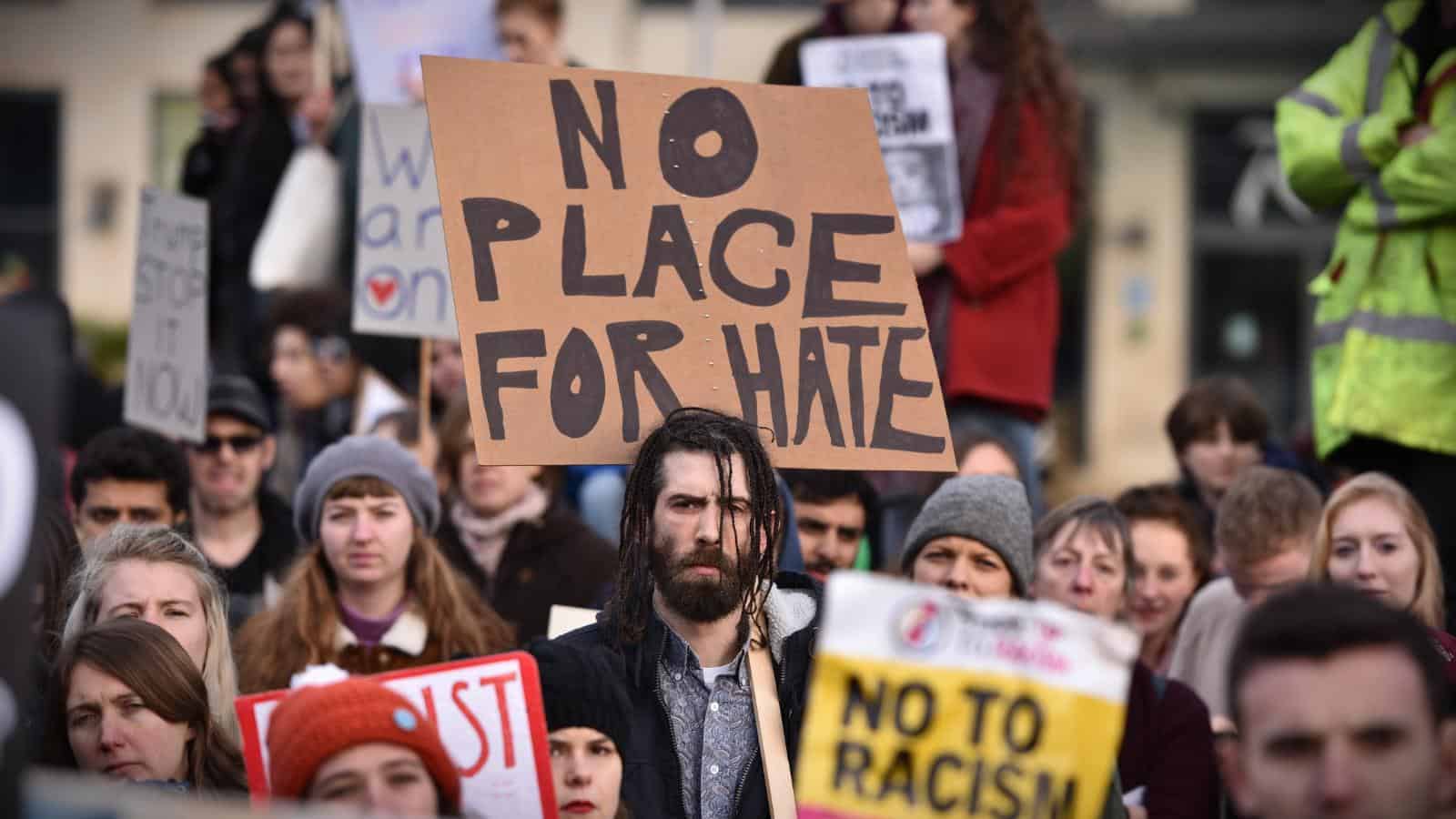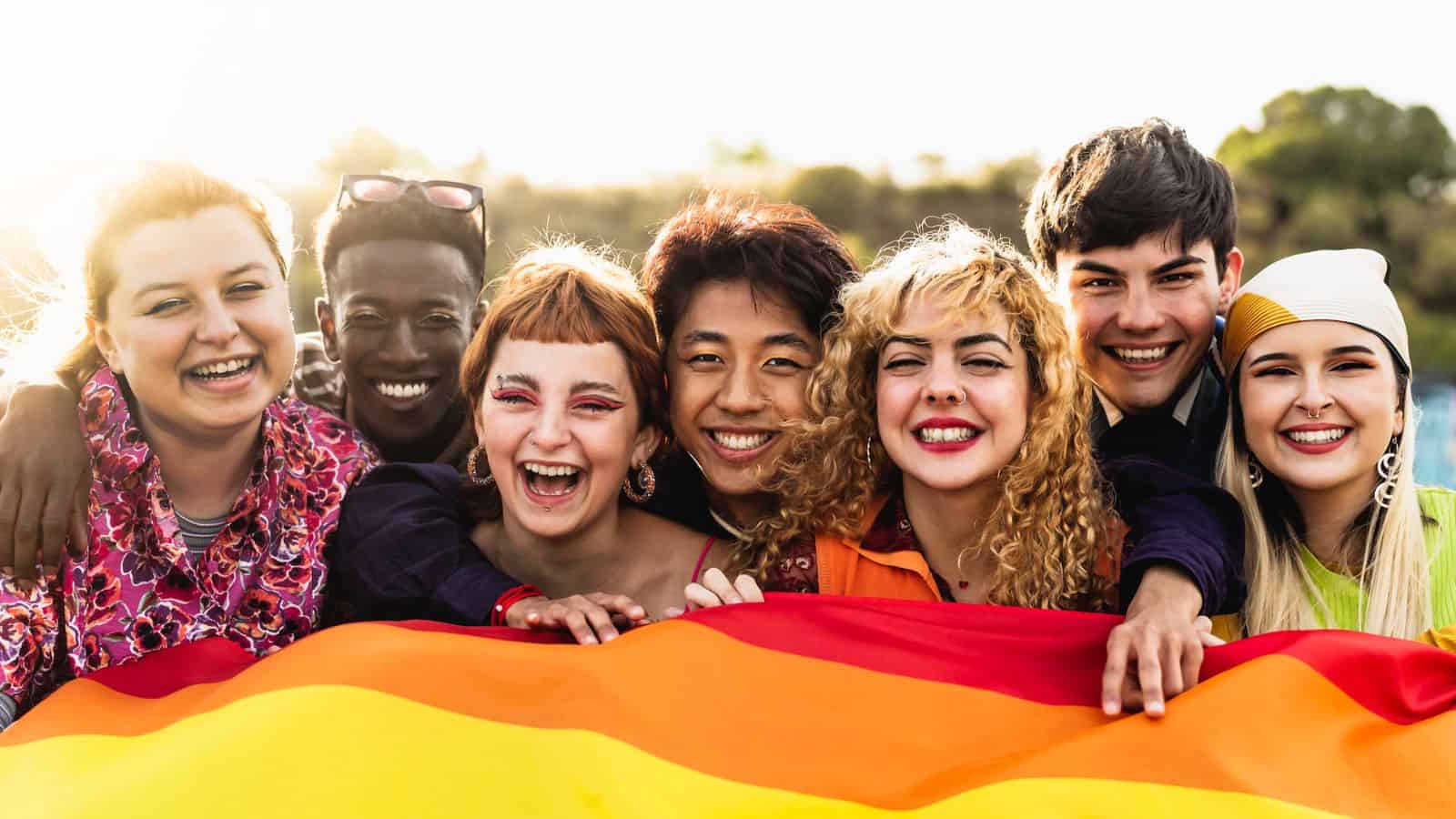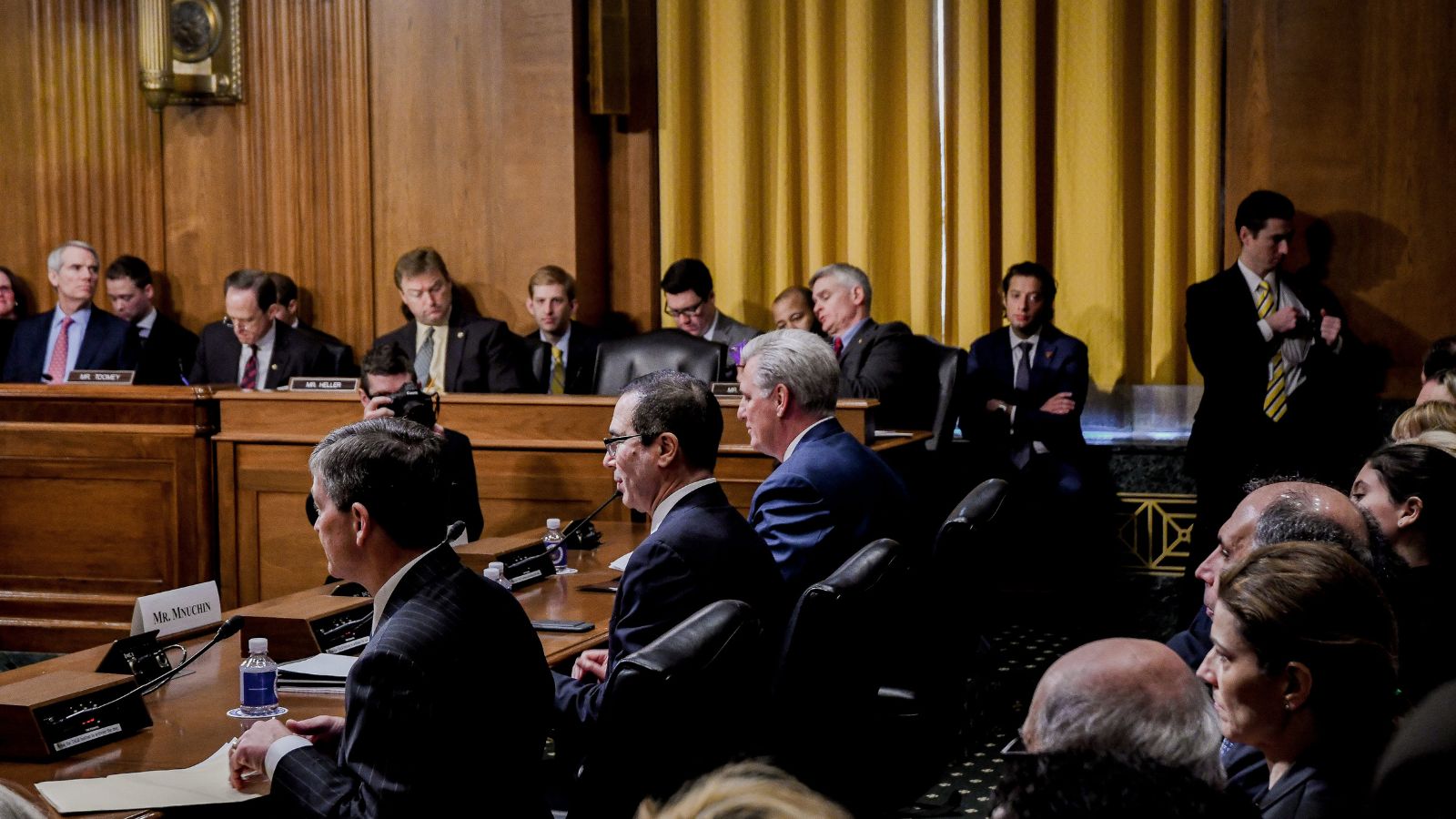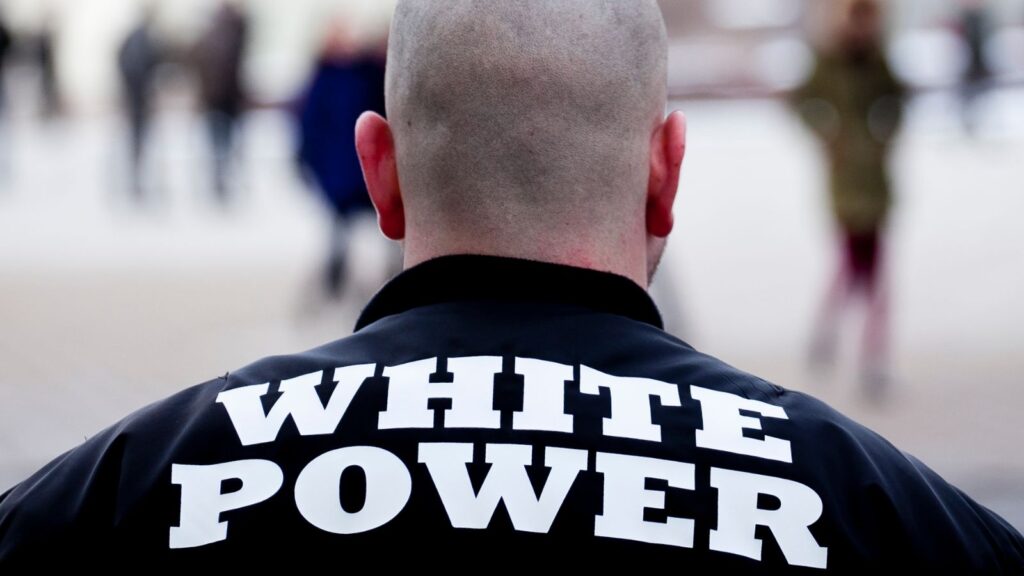We like to think we’ve made huge strides toward equality, but it’s disheartening to realise that racism still has a stronghold. Despite significant progress in some areas, the deep-rooted issue of racism persists, and these are 17 reasons why racism is still prevalent in modern society.
Historical Legacy

Racism has a long history, and the remnants of past injustices linger. “Imperial European powers found ways to justify the barbaric slave system and the invasion,” says Historic England. Colonialism, slavery, and segregation have left scars that still influence societal attitudes and structures. These historical legacies manifest in systemic inequalities even today.
Systemic Inequality

Systemic inequality is another major factor, with institutions like education, healthcare, and the justice system often operating in ways that disadvantage certain racial groups. These systems can create barriers to opportunities, leading to disparities in income, employment, and overall quality of life.
Media Representation

The media plays a significant role in shaping public perception, and unfortunately, it often reinforces racial stereotypes, too. Whether through news coverage, films, or television shows, people of colour are frequently portrayed in negative or limited roles. This skewed representation can influence how people view different racial groups.
Education Gaps

Education is important for understanding and tolerance, yet there are significant gaps in how racial issues are taught in schools. Many curriculums gloss over the complexities of race and racism, leaving students with a limited understanding of these critical issues.
Economic Disparities

There are also economic disparities between racial groups, which contribute to the persistence of racism. Wealth gaps mean that people of colour often face more significant financial challenges, which can limit their access to resources. This includes quality housing, healthcare, and education. These economic inequalities reinforce societal divisions and cycles of discrimination.
Political Exploitation

Politicians sometimes exploit racial tensions as well to gain support or distract from other issues. By playing on people’s fears and prejudices, they can rally support for policies that disproportionately harm racial minorities, and this exploitation not only perpetuates racist attitudes but also hinders efforts to address the root causes.
Implicit Bias

Everyone has implicit biases to some extent, referring to the unconscious attitudes and stereotypes that influence our perceptions and actions. These biases can be particularly harmful when they contribute to discriminatory behaviours. These biases are often deeply ingrained and can be challenging to identify and overcome, even for well-intentioned individuals.
Social Segregation

Social segregation, whether voluntary or involuntary, can reinforce racial divides. When people primarily interact with those from similar racial or ethnic backgrounds, it can mean ignorance and misunderstanding about other groups. This lack of interaction makes it easier for stereotypes and prejudices to gain a foothold.
Cultural Misunderstanding

When people don’t take the time to learn about and appreciate different cultures, they may rely on stereotypes and assumptions, and this is how cultural misunderstandings can also fuel racism. This ignorance can lead to mistrust, which can escalate into discriminatory attitudes.
Fear of the Other

A lot of people have a fear of the unknown or the unfamiliar, and it also applies to racism. When people encounter individuals who look, speak, or behave differently, it can trigger a defensive reaction rooted in fear. This fear can manifest as hostility or prejudice, making it difficult to build bridges.
Lack of Accountability

Lack of accountability for racist behaviour allows it to persist, such as when individuals or institutions are not held responsible for their discriminatory actions. It sends a message that such behaviour is acceptable. This lack of consequences can embolden others to act in the same way, meaning it’s neverending.
Ingrained Prejudices

Prejudices can be passed down through generations, becoming ingrained in families and communities. Children often absorb the attitudes and beliefs of their parents and peers—including racist ones. These inherited prejudices can be challenging to unlearn, especially without conscious effort.
Resistance to Change

We know that change is difficult, and there is often resistance to efforts aimed at promoting racial equality. Some people fear losing their privilege or feel threatened by initiatives that aim to level the playing field, and it’s this resistance that can hinder progress and maintain the status quo.
Limited Representation

Limited representation of people of colour in positions of power influences racist attitudes, shown when decision-makers are predominantly from one racial group. This can lead to policies and practices that overlook or disadvantage other groups, and that’s why increasing diversity in leadership roles is important for different perspectives.
Microaggressions

While they’re often subtle and unintentional, microaggressions are still expressions of racism that can have an impact on individuals. These everyday slights and insults, whether through language or actions, can make people of colour feel unwelcome, and—over time—microaggressions contribute to a more hostile environment.
Lack of Empathy

Racism can also be made worse by a lack of empathy. When people fail to consider the experiences and feelings of those from different racial backgrounds, it can lead to dismissive or harmful attitudes. Empathy is essential for more inclusive and supportive communities.
Social Media Echo Chambers

And finally, thanks to social media echo chambers, people are exposed only to information and viewpoints that reinforce their existing beliefs. This phenomenon can make it difficult to challenge racist attitudes when individuals are not exposed to more diverse perspectives.







